In the Vietnam People's Army, military judicial activities play an important role in maintaining and strengthening discipline, protecting military secrets, improving the overall quality and combat strength of the Army. However, there are currently some one-sided opinions and assessments that aim to downplay the role of military judicial activities, which can ultimately weaken the national defense. On this issue, a reporter from the People's Army Newspaper had an interview with Lieutenant General, Associate Professor, Dr. Tran Van Do, former Deputy Chief Justice of the Supreme People's Court (SPC), former Chief Justice of the Central Military Court (CMC), former National Assembly delegate of the 12th and 13th terms.
Lieutenant General, Associate Professor, Dr. Tran Van Do: These are one-sided and unfounded comments and assessments that do not accurately reflect the reality and the essential role of the military's judicial system in the cause of building a strong national defense to protect the Fatherland. The agencies of the military's judicial system were established from the early days after the successful August Revolution in 1945 until today to suit the specific organization, tasks and activities of the military, but still apply the Criminal Code in general, according to the procedures prescribed by the Criminal Procedure Code that the agencies conducting proceedings inside and outside the military must comply with without exception. In particular, the agencies in the military judicial system are still under the direct and comprehensive leadership of the Party in all aspects. The formation of the military judicial system as it is today is based on the situation of the country in general and the specific organization and activities of the military in particular.
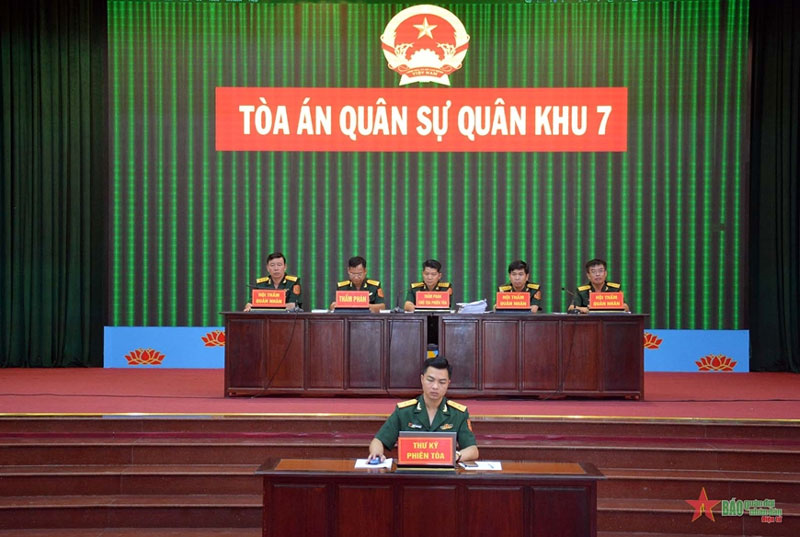 |
| Trial of the Military Court of Military Region 7. |
Looking at the world , the military justice system has existed for a long time, even in some countries like the United States, TAQS also handles civil lawsuits in which military families are involved to protect the home front, helping soldiers feel secure in their work. Other countries such as Russia, China, France, Italy, Germany... also have military justice systems with similar authority to Vietnam and operate very effectively.
Thus, the opinion that "the judicial system in the Army is unnecessary, overlapping with the civil judicial system", "Military judicial agencies lack independence, are easily influenced by superiors in the Army" not only lacks respect for the truth but also aims to divide internally, weaken the Army, weaken the national defense and lower the prestige of the Army.
Lieutenant General, Associate Professor, Dr. Tran Van Do: In Vietnam, the history of military judiciary is closely linked to the history of revolution. After the success of the August Revolution in 1945, President Ho Chi Minh signed Decree No. 33-C on September 13, 1945 on the establishment of the Military Courts, the predecessors of today's People's Courts. In Article II, the Decree clearly states: The Military Courts will try all those who violate anything that harms the independence of the Democratic Republic of Vietnam. Unless the prisoner is a soldier, the military will handle it themselves according to military law.
Article 102 of the 2013 Constitution stipulates: “The People's Court is the judicial body of the Socialist Republic of Vietnam, exercising judicial power”. The People's Court system includes the Supreme People's Court and other courts, including the People's Procuracy - a special but inseparable part of the judicial system.
Regarding organization, the Supreme People's Procuracy consists of 3 levels: Central Supreme People's Procuracy, Military Region Supreme People's Procuracy and Regional Supreme People's Procuracy, replacing the previous Supreme People's Procuracy of the army corps, branches and services to avoid dependence on the commander. The establishment of regional Supreme People's Procuracy instead of unit courts according to the Judicial Reform Strategy is a model for establishing regional courts nationwide today.
Regarding jurisdiction, the Military Courts try: Cases committed by military personnel and others directly managed by the Army; cases committed by others that violate the Army's combat power such as causing damage to the lives and health of military personnel, causing damage to weapons, equipment and assets of the Army; violating military secrets and cases occurring in areas protected by the Army...
Synchronized with the TAQS is the system of investigation agencies in the Army and military procuracy with organization and authority originating from and synchronized with the TAQS.
The above legal provisions show that the judicial system in the Army is strictly organized by law, ensuring the principles of judicial independence, proper procedures, and full authority. Such regulations on the organizational system and authority of the military judicial system are to contribute to strengthening discipline, protecting the Army's combat strength, protecting military secrets, thereby protecting and strengthening the country's defense potential. Therefore, the idea that the Army's judiciary should be merged into civil judiciary is unscientific, impractical, and does not meet the requirements of our country's defense policy.
In fact, through a number of cases, with the active participation of criminal investigation agencies in the Army and military prosecutors, TAQS is a testament to the strictness in the Army - something that hostile forces often seek to distort.
Lieutenant General, Associate Professor, Dr. Tran Van Do: Streamlining the apparatus is a major and correct policy of the Party and State to build a strong, effective and efficient political system. However, that does not mean "leveling" or simplifying in a mechanical way. Especially for the judicial system in the Army, which operates in a highly specific environment, it must be carefully and thoroughly considered, avoiding all haste, subjectivity and voluntarism.
The Military Judicial System is an inseparable part of the national judicial system. Its role is not only to investigate, prosecute, and judge violations of the law within the Army, but also to contribute to maintaining discipline and ensuring the purity and strictness of the Army. Therefore, in the trend of streamlining, the Military Judicial System needs to be adjusted in a more reasonable direction, not to be underestimated or narrowed down mechanically.
I think that, for the TAQS, the current model has been converted from a unit-based organization (for example: Military Courts, Corps Courts) to a regional organization (military zones, regions) which is reasonable. Currently, the TAQS system has 3 levels similar to the civil system: Central TAQS, Military Zone TAQS and equivalent, Regional TAQS. For the Navy TAQS, this is a special case that needs to be considered for adjustment to switch to a regional model, in order to avoid the situation where judges are people from the unit that adjudicates cases of the direct superior, ensuring independence and objectivity in law enforcement in the Army.
We need to study to abolish criminal investigation agencies and military prosecutors in army corps and branches, and convert to a regional model with a reasonable structure to ensure more independence in investigation, prosecution, and trial of cases.
Organizing agencies in the military justice system according to military regions or administrative territorial boundaries helps ensure independence; when a case occurs in a military region, it is appropriate for that military region to take responsibility.
Regarding the policy of streamlining human resources, I think it is necessary to continue reviewing the payroll to streamline the apparatus and number of personnel, ensuring work efficiency. Building separate death penalty execution houses in the Army is unnecessary because the number of death penalty cases is very small, causing costs and wasting resources; therefore, we should take advantage of or coordinate with civil agencies to execute sentences.
In addition, we need to increase the application of information technology and digital transformation in investigation, prosecution, and trial, helping to save resources while still maintaining strict control. Strengthen coordination between judicial agencies inside and outside the Army to effectively handle cases with integrated civil-military elements, but not to obscure the role of the Army's judicial system.
Lieutenant General, Associate Professor, Dr. Tran Van Do: In my opinion, we need to focus on three key issues. First of all, we need to maintain the principle of the Party's absolute and direct leadership in all aspects of the Army, including the judiciary in the Army. This is the political foundation that ensures the Party's unified, consistent, and comprehensive leadership.
The second is to reorganize the apparatus in the direction of "refined but not weak", "compact but not lacking", avoiding the situation of cutting and cutting that causes legal gaps or dysfunction of the judicial system in the Army.
Third is to strengthen training and fostering of judicial officers in the Army, so that each officer working in the Army's judicial sector is not only a "legal gatekeeper" but also a legal support for officers and soldiers in the entire army.
Through this, I hope that leaders at all levels, when considering and deciding on issues related to the judicial system in the Army, need to ensure continuity between history and the present, in accordance with the development trend of the world. In particular, it is necessary to clearly identify the contribution of the judicial system in the Army to the task of protecting the strength and combat readiness of the Army.
Competent authorities and functional agencies need to step up propaganda and have a stronger voice to clearly explain and refute baseless arguments, helping people understand correctly the position, role and necessity of maintaining the judicial system in the Army. We must make people see that the views, comments and opinions aimed at downplaying the role of military justice have no political, theoretical, legal and practical basis.
In summary, the military justice system in Vietnam has a long history, is organized and operates independently and effectively, and plays a key role in protecting military secrets, strengthening national defense strength and combat readiness of the Army.
In line with the general trend of the task of building a "lean, compact, strong", disciplined, and modern Army today, streamlining the judicial apparatus in the Army is necessary, but it is still necessary to ensure the maintenance and improvement of the operational efficiency of this important judicial institution, while strictly complying with the leadership of the Party, the Central Military Commission, and the direction of the Ministry of National Defense on judicial activities in the Army.
CULTURE (implementation)
*Please visit the section Protecting the Party's ideological foundation to see related news and articles.
Source: https://www.qdnd.vn/phong-chong-tu-dien-bien-tu-chuyen-hoa/nhan-thuc-dung-dan-vai-tro-quan-trong-cua-he-thong-tu-phap-quan-su-834390














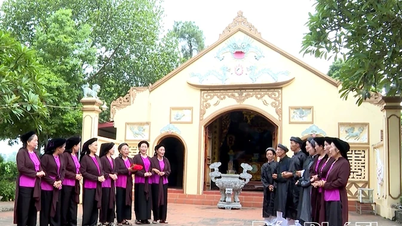



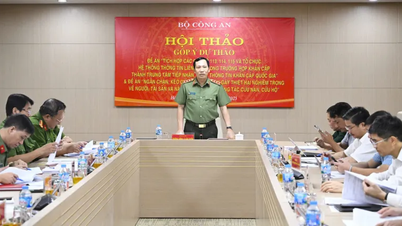

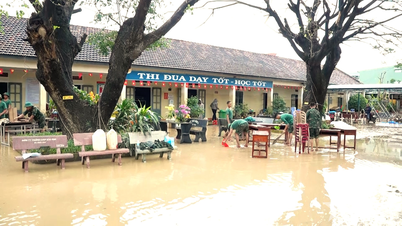
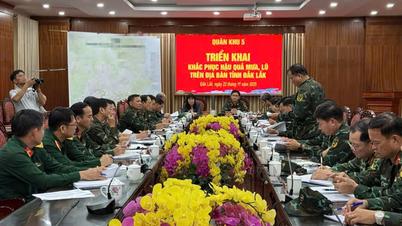

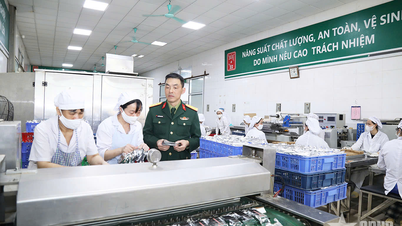
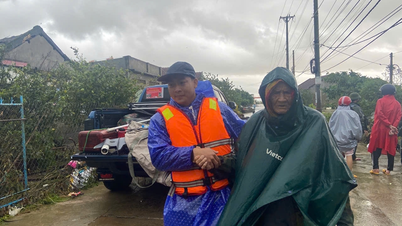
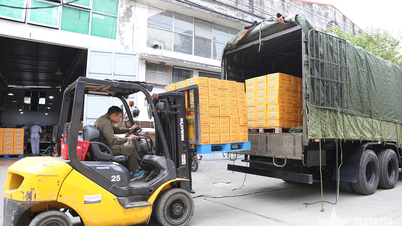




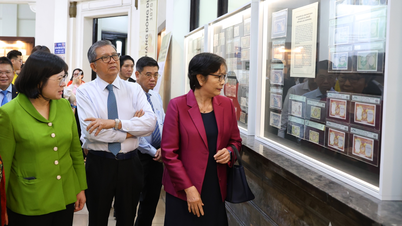

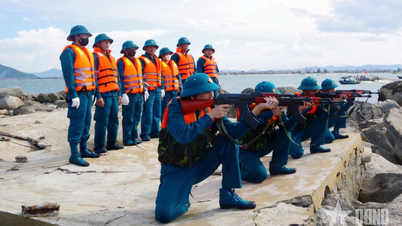
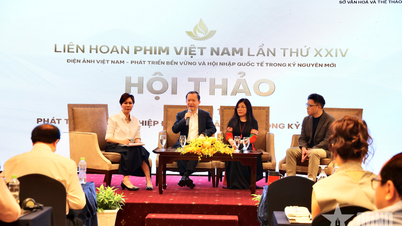
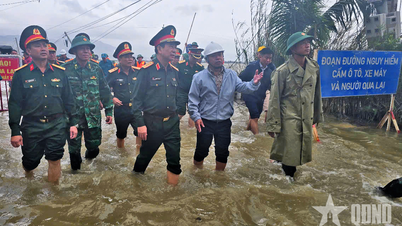
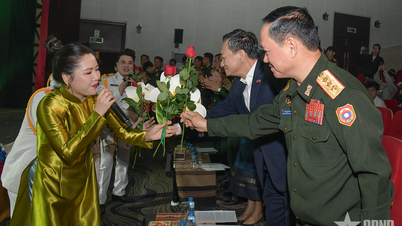

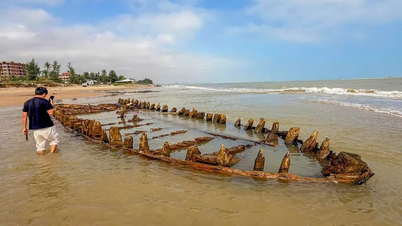
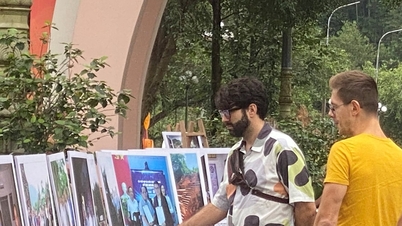


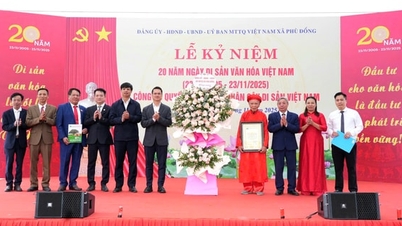




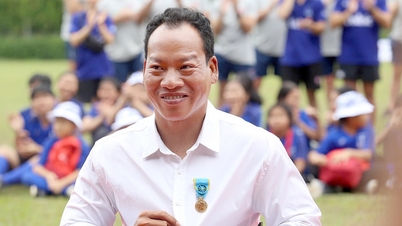
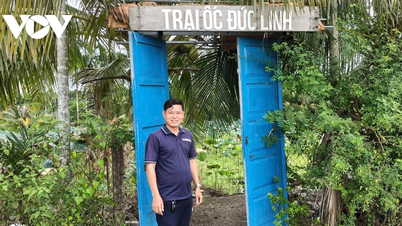

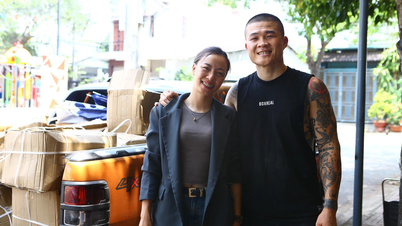




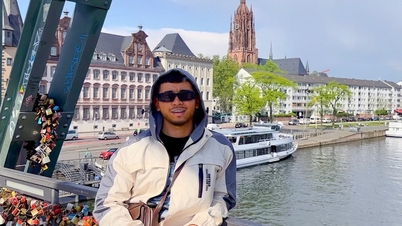















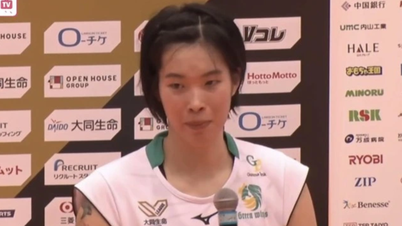

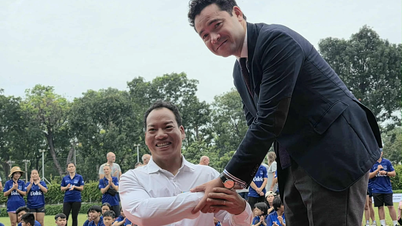

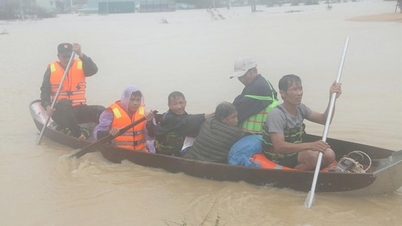

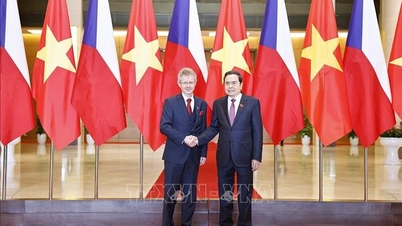

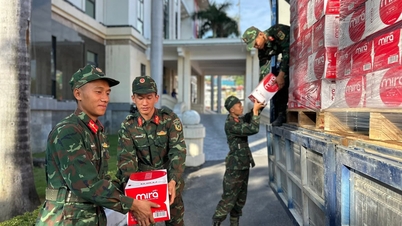
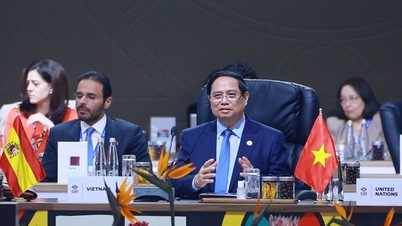





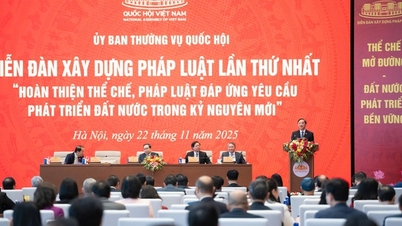

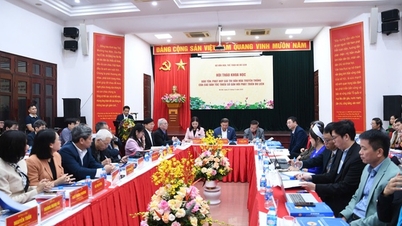
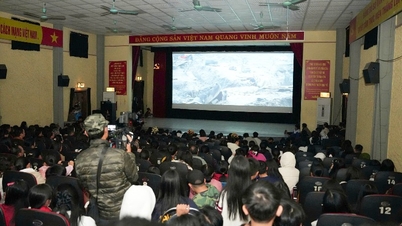



















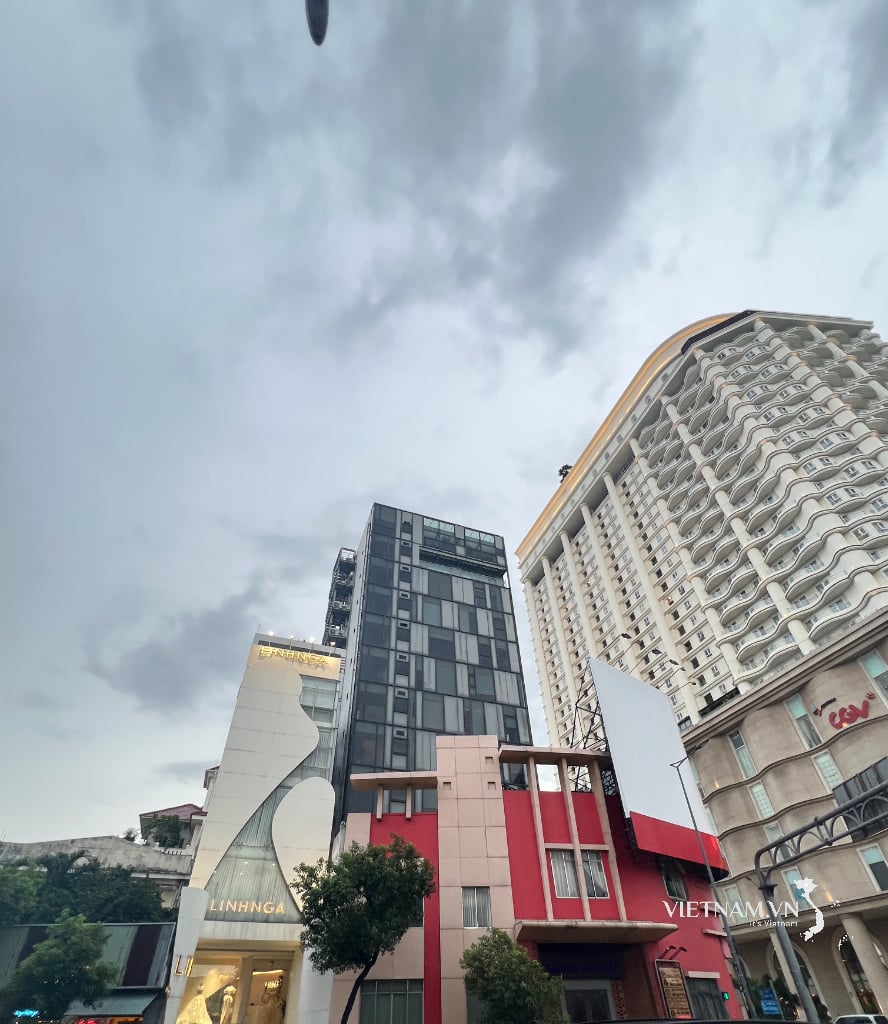


Comment (0)